President Javier Milei’s top political aide, Guillermo Francos, announced his resignation on Friday evening, marking a significant moment in the president’s second phase in office. The departure comes after weeks of internal tension and leaves open space for a power shift within the administration.
Francos submitted his resignation so that Milei “can face the next stage of government without constraints,” citing the need for a fresh start following the ruling party’s recent electoral victory. The decision surprised no one inside the government — whispers of his exit had been circulating for days — but the timing and the way the change is unfolding carry big strategic implications.
With Francos stepping aside, the balance of power appears to tilt more clearly toward Karina Milei, the president’s sister and Secretary-General of the Presidency. The new arrangement strengthens her position within the inner circle, potentially making her one of the key arbiters of appointments, policy direction and internal negotiations.
Sources suggest that Milei plans to replace Francos with Manuel Adorni, a long-time communications figure and close ally, signalling a move away from the “old politics” experience Francos represented. The reshuffle also involves the Interior Ministry and other senior spots, indicating a broader cabinet redesign rather than a single replacement.
For observers in the U.S. and abroad, this isn’t just a personnel shake-up — it is a window into how Milei intends to govern going forward. With a stronger Karina in play, the administration may become more centralized, more disciplined, and more tightly aligned with the president’s reform agenda.

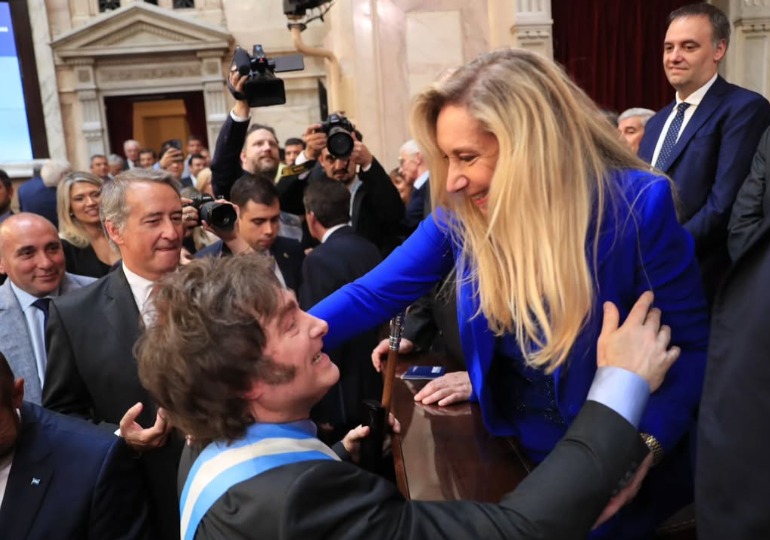
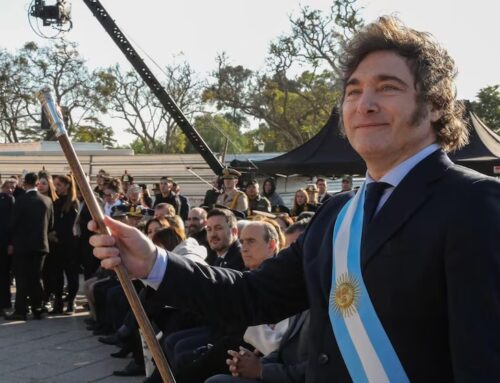
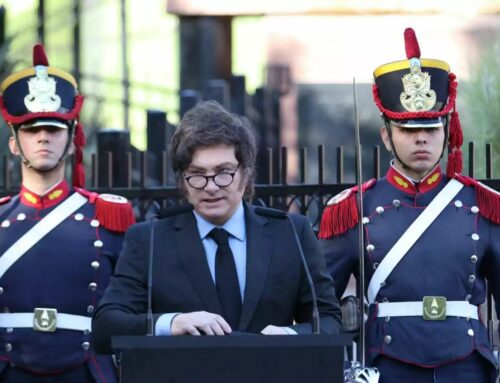
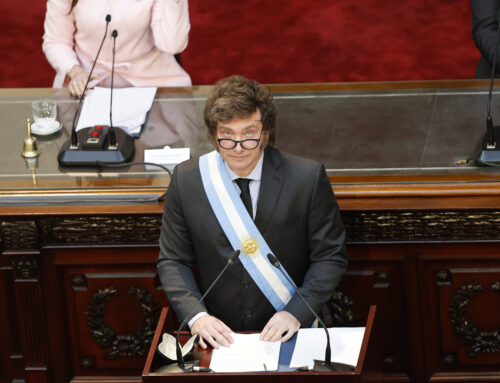
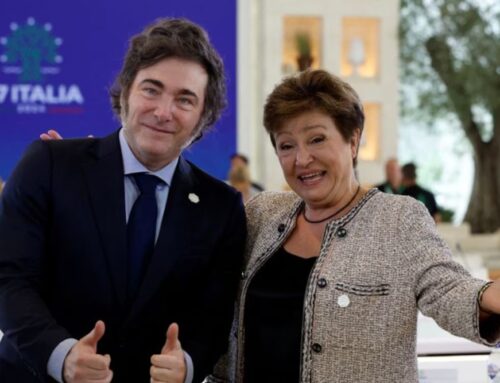

Leave A Comment